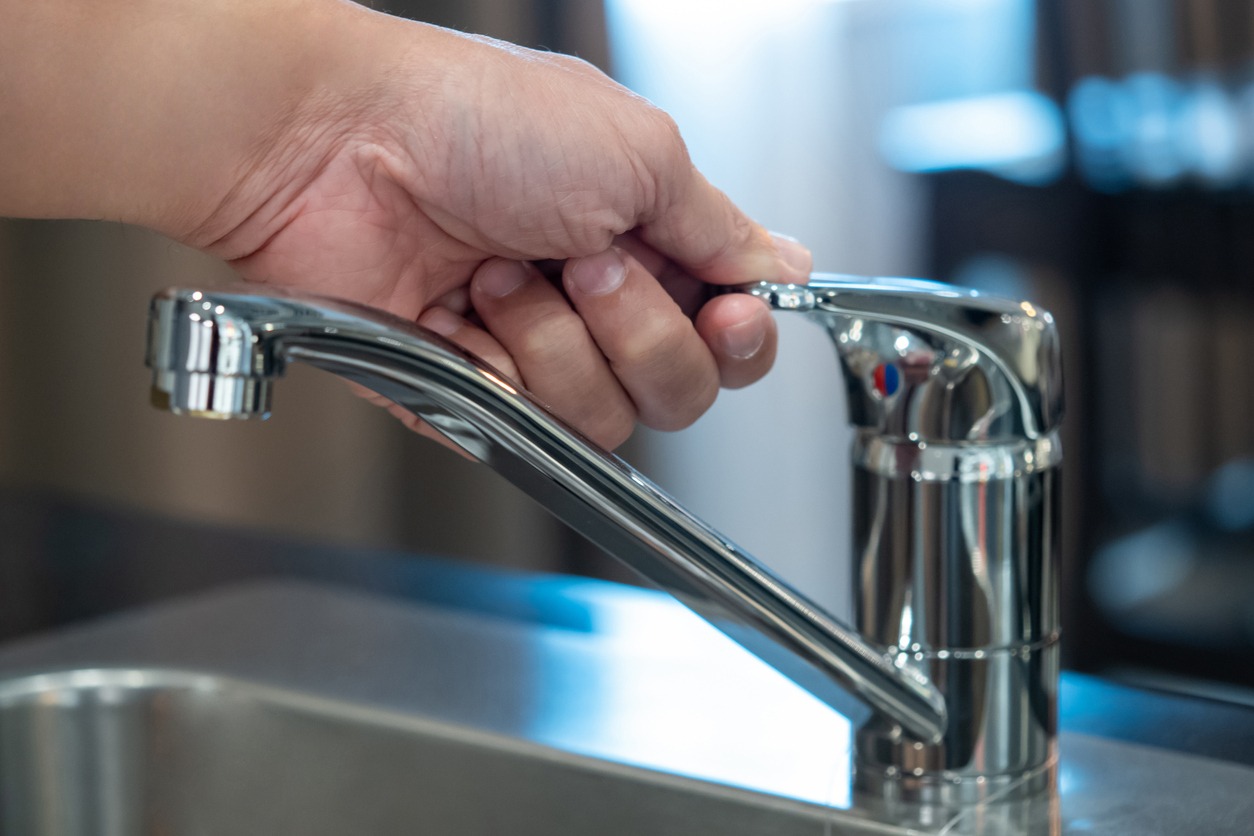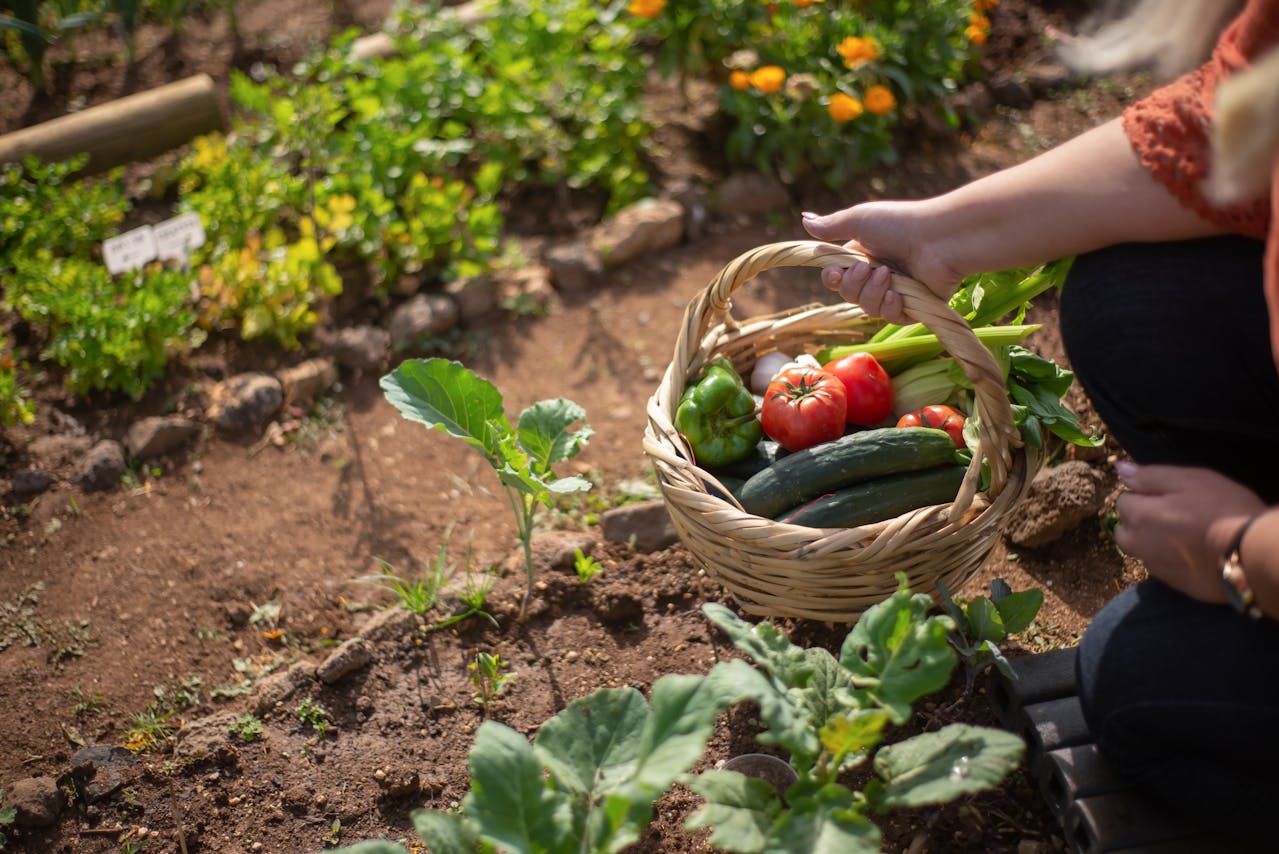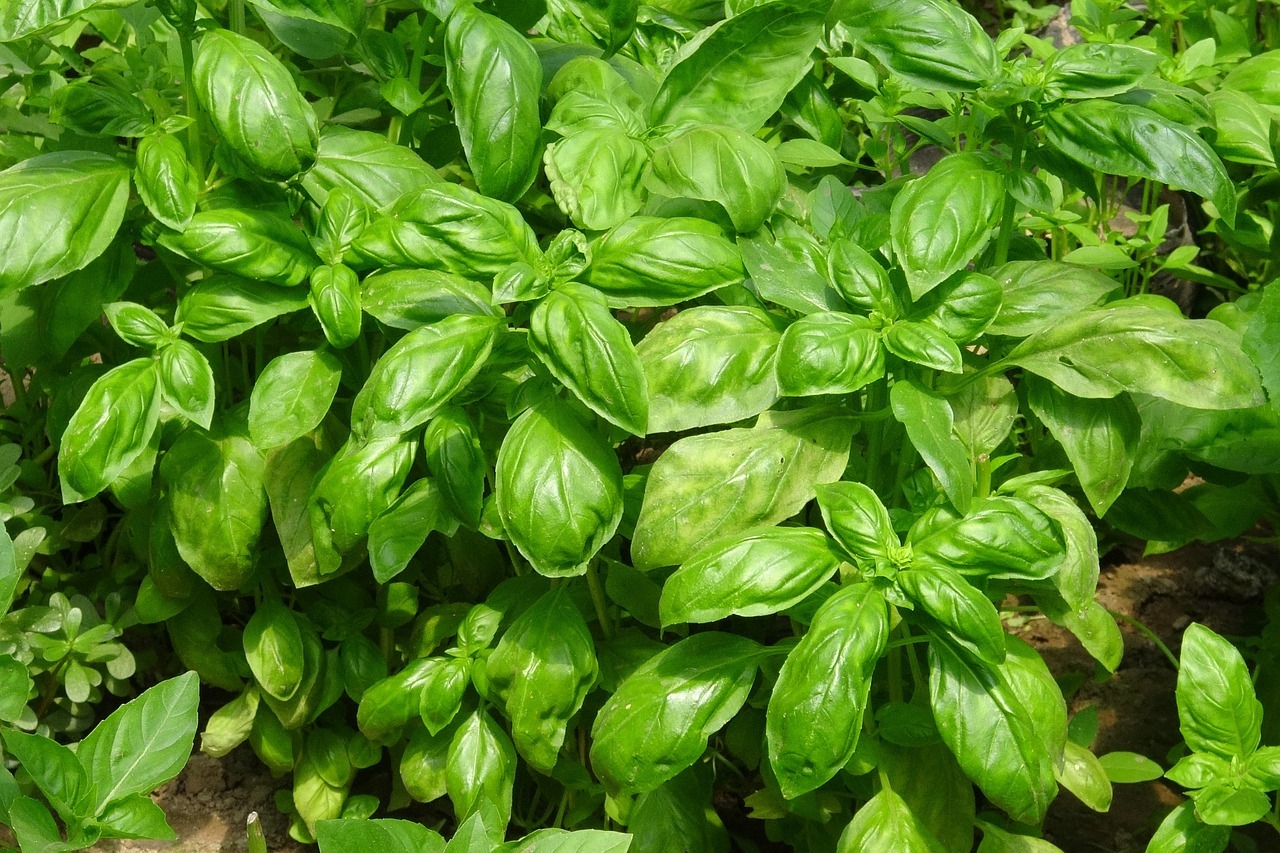Is a Zero-Waste Lifestyle Realistic on a Homestead? Tips and Insights
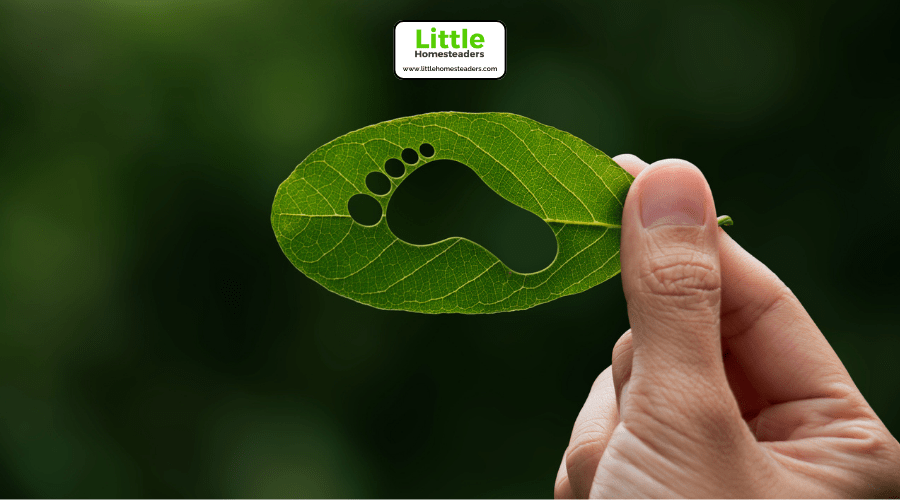
The concept of zero-waste living has become a rallying cry for environmental enthusiasts, but is it realistic for those living on a homestead? Absolutely. Homesteaders are uniquely positioned to embrace a zero-waste lifestyle because their way of life already prioritizes self-sufficiency and resourcefulness. From composting to repurposing materials, homesteads are fertile ground for creating a sustainable, low-waste environment.
This guide dives deep into what zero-waste living means for homesteaders, its benefits, challenges, and practical strategies to implement. Whether you’re a seasoned homesteader or just starting, this article will inspire and equip you to take steps toward a greener, more sustainable lifestyle.
What Is Zero-Waste for Homesteaders?
At its core, zero-waste living is about reducing the amount of waste sent to landfills by minimizing, reusing, and responsibly managing what cannot be avoided. For homesteaders, this lifestyle is not just about cutting down on garbage; it’s a holistic approach to sustainable living that touches every aspect of your daily life and operations.
Homesteaders grow their own food, preserve harvests, and repurpose materials. They naturally limit reliance on packaged goods and instead, create closed-loop systems where nothing goes to waste. This means composting organic matter, reusing materials on-site, and finding innovative uses for byproducts like manure or crop leftovers. Achieving zero waste is less about perfection and more about making conscious, consistent choices to reduce environmental impact.
Moreover, zero-waste living often complements the homesteading mindset. It challenges individuals to think creatively about how they use resources, fostering a deeper connection with the land. By focusing on reducing waste, homesteaders not only help the planet but also build systems that are more efficient and sustainable in the long run.
Why Pursue a Zero-Waste Lifestyle on Your Homestead?
1. Enhanced Self-Sufficiency
Zero-waste practices align with the fundamental principle of homesteading: self-reliance. By composting and reusing materials, you’ll reduce dependence on external resources while creating a more resilient homestead. Every piece of organic waste that gets composted, every jar that’s repurposed, and every tool that’s repaired means less reliance on stores and suppliers. Over time, this can lead to a stronger sense of independence and pride in your homestead's self-sufficiency.
2. Environmental Benefits
Reducing waste means fewer materials in landfills and less reliance on energy-intensive production processes. Homesteaders who embrace zero-waste living contribute to preserving natural resources and lowering greenhouse gas emissions. Additionally, by creating nutrient-rich compost or reusing old materials, you help foster healthier ecosystems and reduce the pollution associated with waste.
3. Financial Savings
From upcycling materials to feeding livestock with scraps, zero-waste living helps cut costs. You’ll spend less on fertilizers, feed, and packaged goods, freeing up resources for other essential homesteading needs. For example, instead of buying commercial soil amendments, you can rely on compost from your organic waste. Repairing tools instead of replacing them saves money while also teaching valuable skills.
4. Healthier Ecosystems
Through composting and sustainable farming, you’ll enrich your soil and promote biodiversity, creating a healthier environment for plants, animals, and your family. A thriving homestead ecosystem reduces your dependency on synthetic inputs, providing a natural balance that supports long-term productivity.
By focusing on these benefits, zero-waste living transforms from a daunting challenge into a rewarding journey that aligns with your values and strengthens your homestead.
The Challenges of Zero-Waste on a Homestead
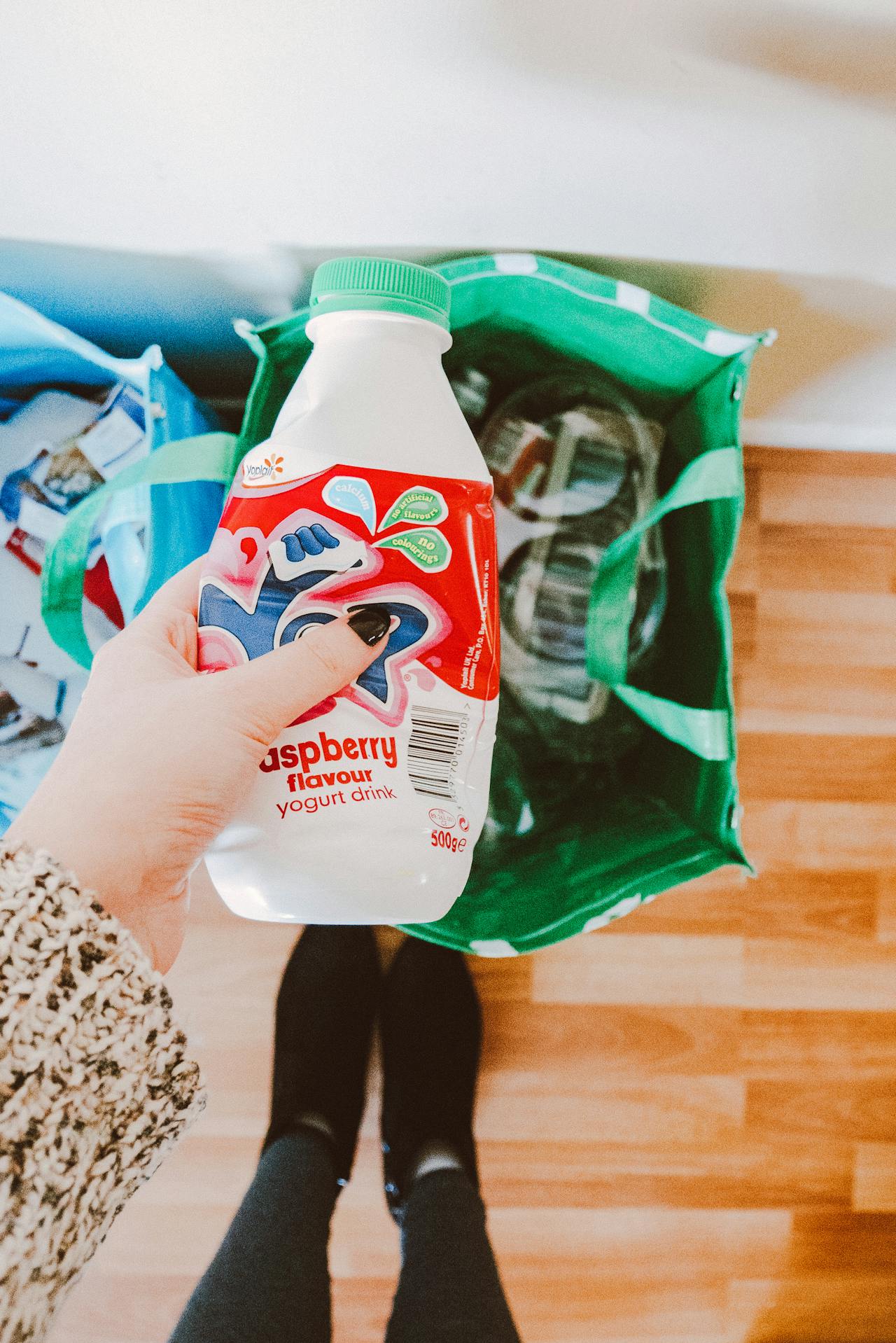
While a zero-waste lifestyle is feasible, homesteaders face unique challenges:
1. Limited Recycling Options
Rural areas often lack access to comprehensive recycling programs, making it harder to dispose of certain materials responsibly. This means that even items like glass or plastics that would typically be recyclable in urban areas may end up in landfills. To overcome this, many homesteaders focus on repurposing these materials in creative ways.
2. Transportation Barriers
The distance to bulk stores or refill stations can increase reliance on packaged goods. If the nearest town is hours away, driving frequently to purchase in bulk may not be practical. Instead, many homesteaders find ways to reduce trips by consolidating purchases and focusing on what can be grown or made at home.
3. Managing Farm Byproducts
Organic waste from livestock and crops requires careful handling to avoid waste while maximizing its potential. For instance, manure can be an excellent fertilizer, but it must be properly composted to ensure it is safe and beneficial for use. Similarly, crop residues can be challenging to dispose of sustainably if not incorporated into the soil or used as animal feed.
4. Repairing and Repurposing
Remote locations can make it difficult to find tools or services to repair broken items. You may need to learn new skills, such as welding or woodworking, to fix what you have instead of replacing it. The learning curve can be steep, but it pays off in long-term self-sufficiency.
Despite these obstacles, homesteaders have the creativity and resourcefulness to adapt. The following sections outline practical strategies for overcoming these hurdles.
Strategies for Achieving Zero Waste on a Homestead

1. Composting
Composting is a cornerstone of zero-waste living. By converting food scraps, garden clippings, and animal waste into nutrient-rich soil, you close the loop on organic waste.
- Outdoor Piles: A simple, cost-effective method for large-scale composting. Just balance green (nitrogen-rich) and brown (carbon-rich) materials, keep it moist, and aerate regularly.
- Tumblers: Ideal for smaller spaces, tumblers speed up decomposition while keeping pests away. They’re also great for homesteaders who want a cleaner, more contained system.
- Vermicomposting: Perfect for kitchen scraps, this method uses worms to produce high-quality compost. Vermicomposting is especially helpful for those looking to compost indoors or in smaller areas.
Proper compost management ensures that your soil remains healthy and vibrant, supporting everything from vegetables to ornamental plants.
2. Upcycling and Repurposing Materials
Homesteaders are masters of finding new uses for old items. Here are some ideas:
- Farm Equipment: Turn outdated machinery into garden art or functional tools. For example, old wheelbarrows can become planters or mobile compost bins.
- Pallets and Crates: Use these for building furniture, garden beds, or storage units. A simple pallet can become a vertical garden or a rustic coffee table with minimal effort.
- Glass Jars and Bottles: Transform these into storage containers, vases, or homemade candle holders. They’re also perfect for storing homemade jams, pickles, and other preserves.
- Textiles: Repurpose old clothes into cleaning rags, insulation, or patchwork projects. Even worn-out denim can be transformed into durable aprons or tote bags.
3. Sustainable Livestock Practices
Livestock can generate significant waste, but careful management turns this into an asset:
- Feed animals with vegetable scraps and farm byproducts like whey or spent grain. This reduces waste while diversifying their diet.
- Practice rotational grazing to reduce feed dependency and promote healthier pastures. Rotational grazing not only helps livestock but also prevents overgrazing, which can degrade your land.
- Compost manure to create a rich fertilizer for crops. This turns waste into a valuable resource while reducing the need for synthetic inputs.
4. Water Conservation and Reuse
Efficient water use is critical for a sustainable homestead:
- Rainwater Harvesting: Install barrels or tanks to collect rainwater for irrigation, livestock, and household tasks. A properly designed rainwater system can significantly reduce your reliance on municipal or well water.
- Greywater Systems: Recycle water from sinks and showers for landscaping. Ensure that the greywater is free of harmful chemicals to keep your plants and soil healthy.
- Composting Toilets: Eliminate the need for water-intensive flushing systems while creating garden-ready compost. This solution is especially useful for remote homesteads with limited water access.
5. Eco-Friendly Packaging
If you sell products from your homestead, consider sustainable packaging options:
- Use glass jars, cloth bags, or biodegradable materials. Customers will appreciate the eco-conscious effort, adding value to your products.
- Upcycle containers to reduce costs and waste. For example, old mason jars can become charming candle holders or gift packaging.
- Offer bulk refills to local customers to encourage reuse. This reduces waste while building relationships with your community.
6. Energy Self-Sufficiency
Reducing energy waste complements your zero-waste efforts:
- Invest in renewable energy sources like solar panels or wind turbines. Not only do these systems reduce reliance on the grid, but they also lower your environmental impact.
- Improve insulation and ventilation to minimize heating and cooling needs. Properly insulated buildings save energy year-round.
- Opt for energy-efficient appliances to reduce overall consumption. Look for ENERGY STAR-rated products that align with your zero-waste goals.
Community Involvement in Waste Management
A zero-waste homestead doesn’t operate in isolation. Engaging with your local community can amplify your efforts:
- Shared Composting Systems: Collaborate with neighbors to manage organic waste collectively.
- Tool Libraries and Swap Meets: Promote resource sharing and reduce the need to purchase new items.
- Workshops and Events: Educate others about zero-waste practices and inspire community-wide change.
- Advocacy: Support policies that encourage recycling, composting, and sustainable living.
Closing Thoughts
Living a zero-waste lifestyle on a homestead is not only realistic but deeply rewarding. By composting, repurposing, conserving resources, and involving your community, you’ll create a more sustainable and self-reliant environment. Remember, zero-waste is a journey, not a destination. Every small step counts and the collective impact of your efforts can inspire others to follow suit.
So start today. Evaluate your homestead, identify areas for improvement, and embrace the creative, resourceful spirit that defines homesteaders. Together, we can reduce waste, protect our planet, and create a legacy of sustainability for generations to come.

